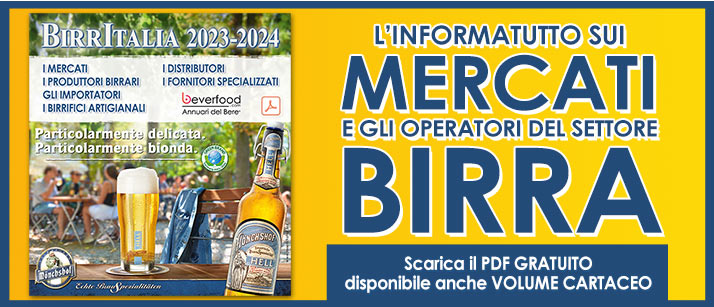Uno studio condotto presso il Karolinska Institute di Stoccolma e pubblicato sulla rivista British Medical Journal ha rivelato come le donne che bevono circa mezzo litro di birra (o 150 ml di vino o 50 ml di liquore) alla settimana hanno quasi la metà di probabilità rispetto alle donne che non bevono di sviluppare artrite reumatoide. Nello studio in questione le 34.000 donne prese in esame sono state monitorate per un decennio e durante il follow up 197 donne si sono ammalate di artrite reumatoide; le donne che nel decennio hanno bevuto regolarmente e settimanalmente mezzo litro di birra, 150 ml di vino o 50 ml di liquore hanno evidenziato il 52% di probabilità in meno di sviluppare artrite reumatoide rispetto alle donne completamente astemie. Questo ampio studio epidemiologico è importante perché per la prima volta presenta dati statisticamente consistenti sulla prevenzione dell’artrite reumatoide. Si tratta di uno studio…in rosa, in quanto l’artrite reumatoide colpisce per il 75% donne fra i 35 e i 50 anni, con un rapporto di 5:2 rispetto all’uomo.

A follow-up study of more than 34,000 women in Sweden has shown that moderate drinkers, in comparison with abstainers, were at significantly lower risk of developing rheumatoid arthritis (RA), an often serious and disabling type of arthritis. RA is known to relate to inflammation, and it is postulated that this is blocked to some degree by the consumption of alcohol. In this study, women who consumed at least 4 drinks per week (with a drink being defined as containing 15 grams of alcohol) had 37% lower risk of developing RA than subjects reporting never drinking or consuming less than 1 drink/week. This large study is important as few prospective studies are of adequate size to have sufficient cases of RA to evaluate factors related to its development. The study supports previous research showing a lower risk of developing RA, or milder severity of the disease, among moderate drinkers than among abstainers.
Pubblicato da www.birrainforma.it – Fonte: www.ncbi.nlm.nih.gov/pubmed/22782847







